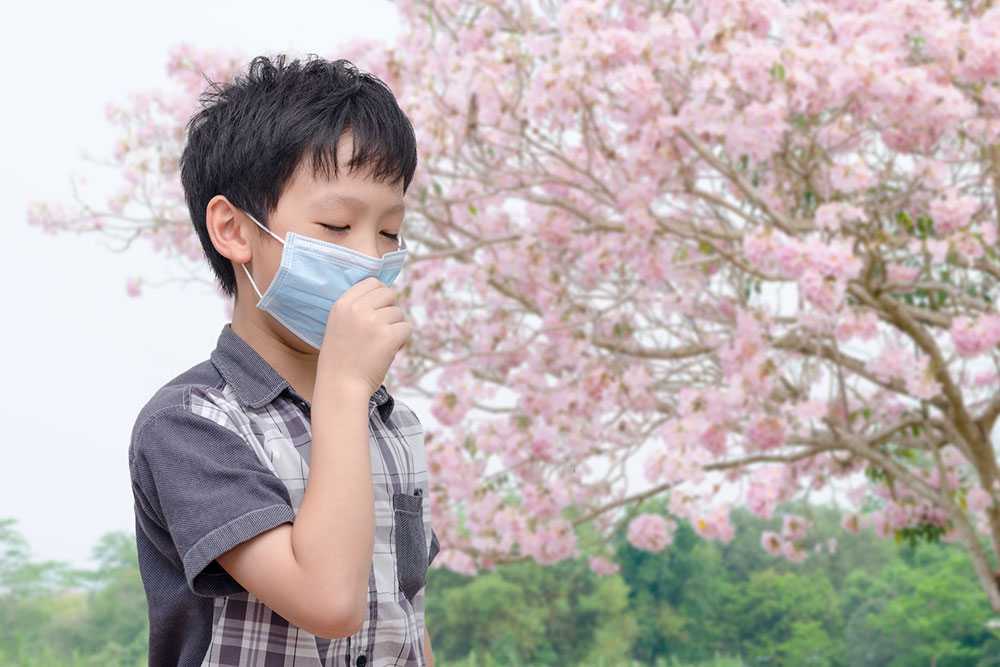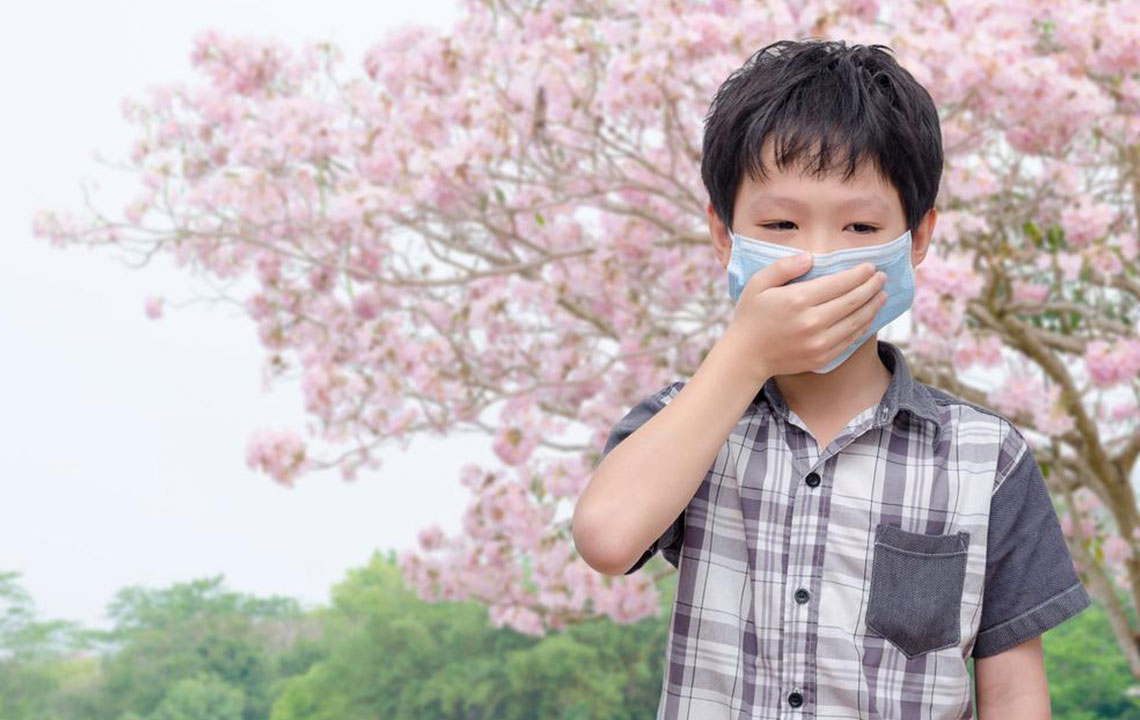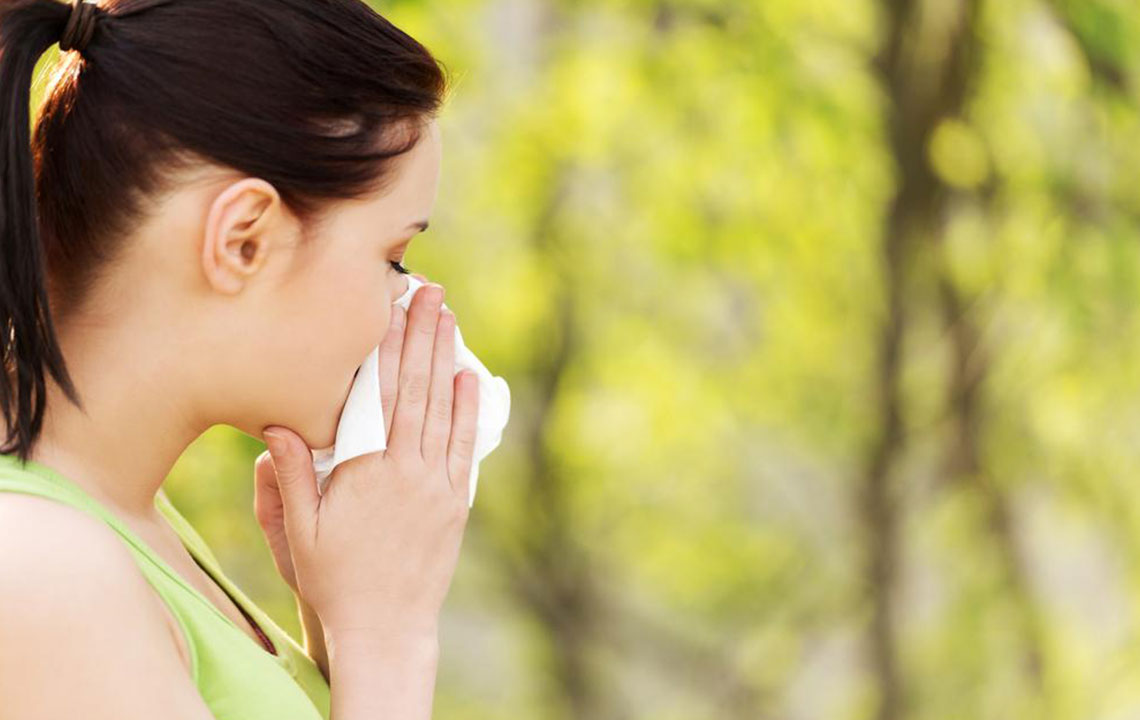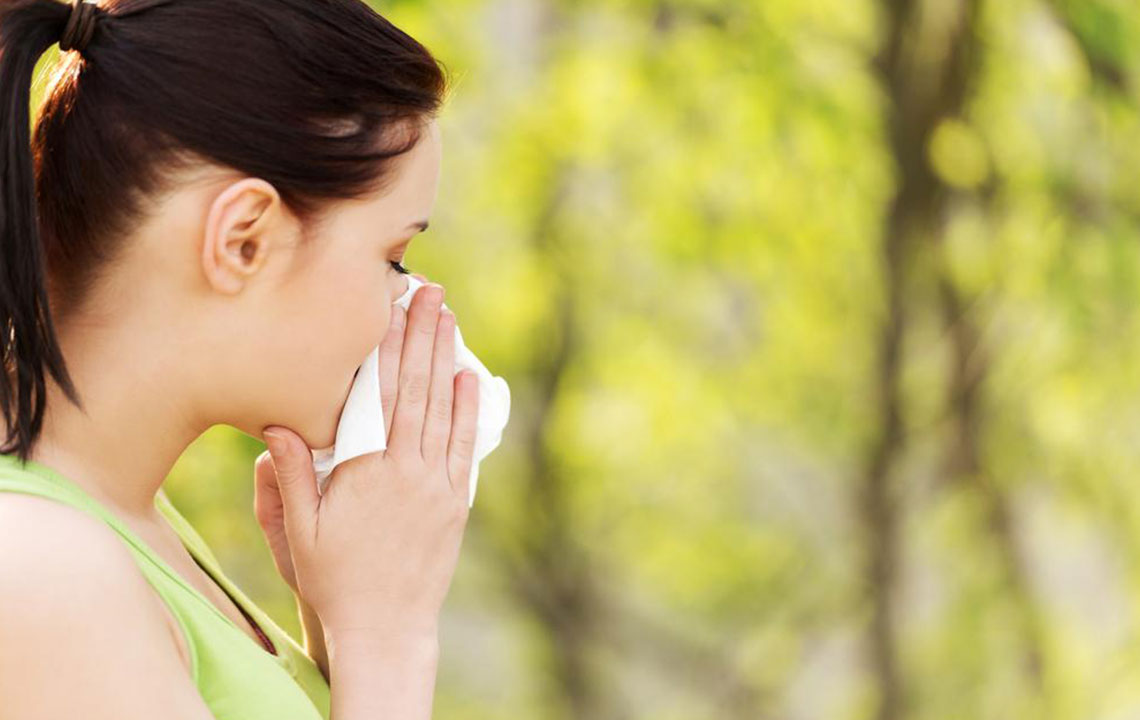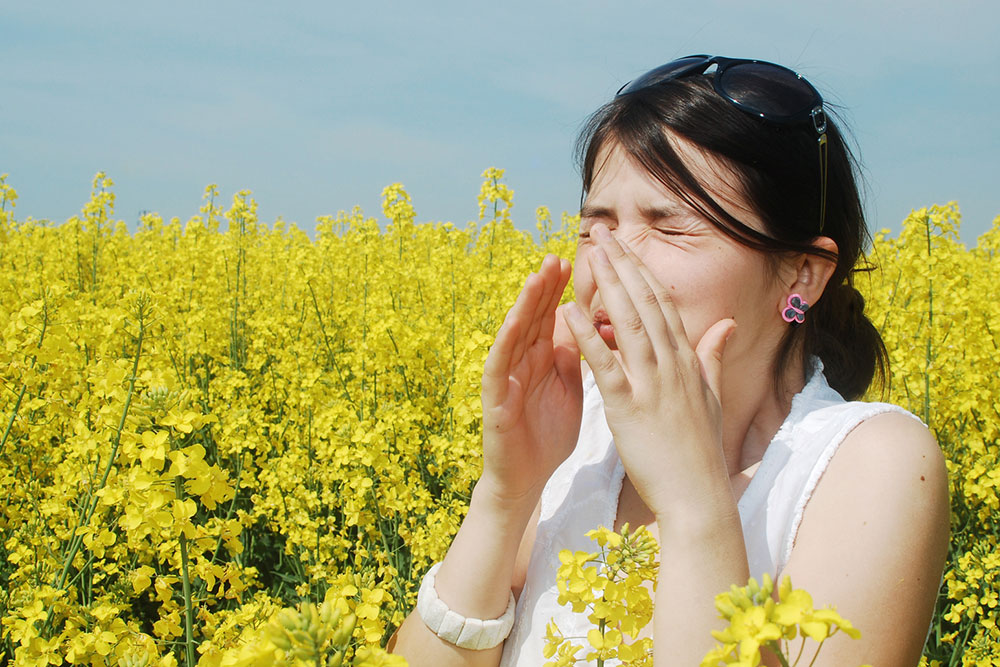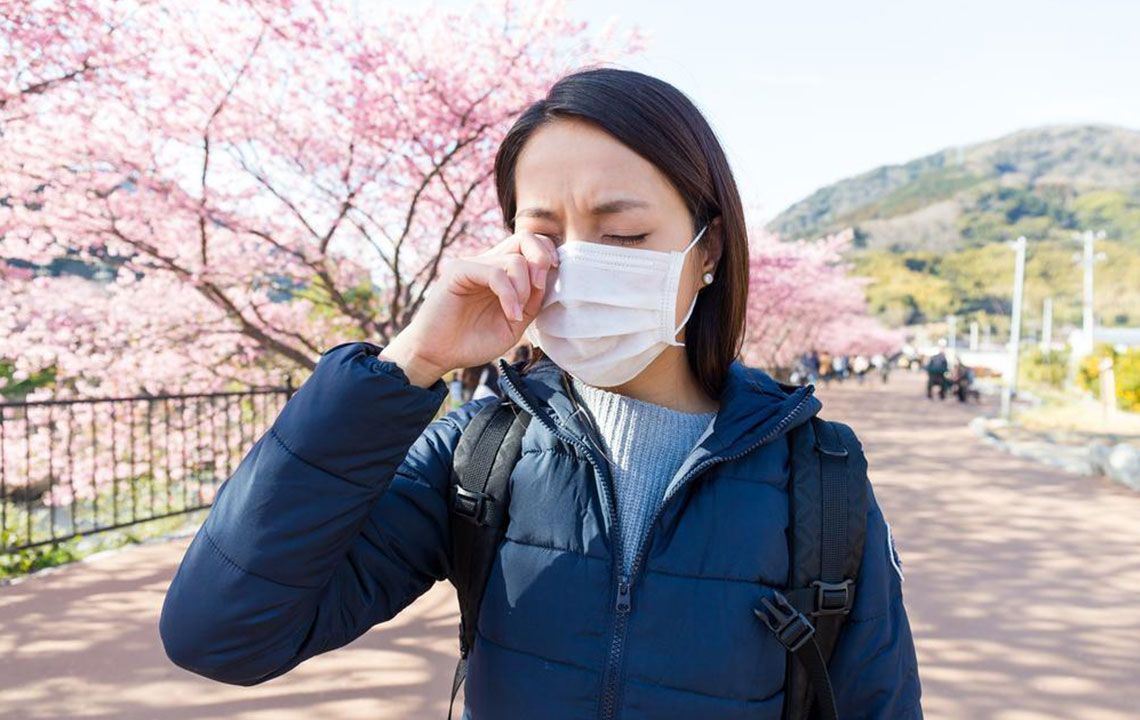Comprehensive Guide to Recognizing and Managing Pollen Allergy Symptoms
This comprehensive guide explores pollen allergy causes, symptoms, and management strategies. It provides detailed diagnostic methods and effective treatment options, including medications and lifestyle tips, to help allergy sufferers achieve better symptom control and improve quality of life. Recognizing early signs and seeking professional guidance are crucial for effective management of pollen allergies.
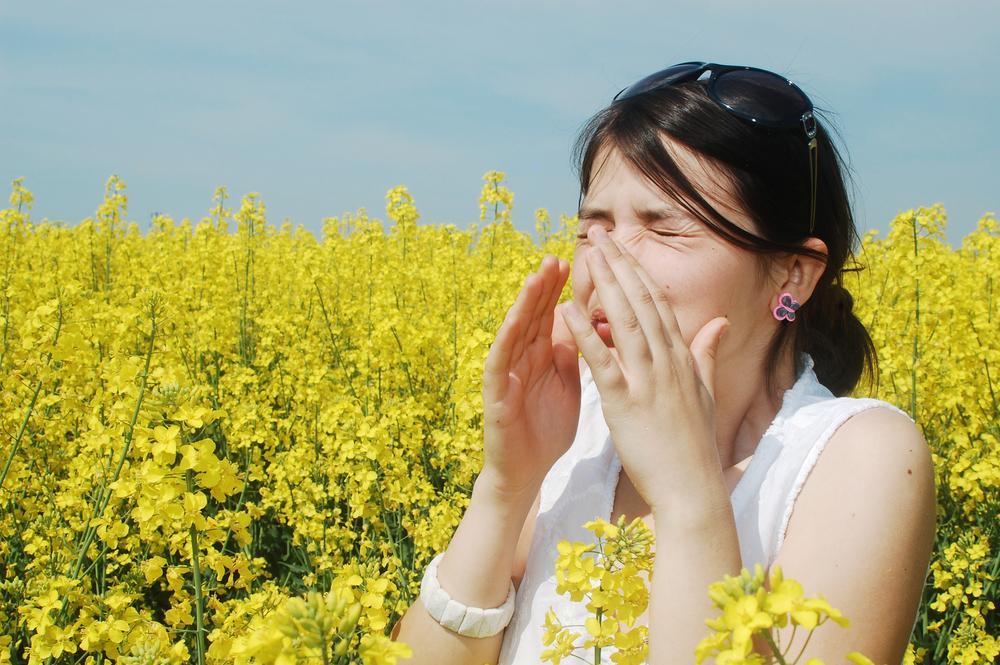
Understanding Pollen Allergies: Causes, Symptoms, and Effective Management Strategies
Pollen allergy, also known as hay fever or allergic rhinitis, is a common allergic condition that impacts millions of individuals worldwide. It occurs when the immune system overreacts to pollen particles released by trees, grasses, flowers, and weeds. These pollen grains are microscopic and airborne, making exposure easy, especially during peak flowering seasons. In some individuals, pollen allergy symptoms persist throughout the year, especially if they are exposed to indoor sources or have perennial allergic rhinitis, while others only experience symptoms during specific times of the year when certain plants release pollen.
The underlying cause of pollen allergy is an overactive immune response. Normally, the immune system protects the body from harmful pathogens. However, in allergic individuals, the immune system mistakenly identifies harmless pollen as a dangerous invader. This triggers an immune response, leading to the release of chemicals like histamine, which causes the classic allergy symptoms. Understanding the immune mechanisms involved helps in tailoring effective treatment strategies and managing symptoms proactively.
Common Symptoms of Pollen Allergy
Individuals suffering from pollen allergy may experience a wide range of symptoms, which can vary in severity. Common signs include:
Sneezing – often frequent and uncontrollable
Itchy, watery eyes – often accompanied by redness and swelling
Nasal congestion and runny nose – causing difficulty in breathing through the nose
Coughing – as a response to postnasal drip or irritation
Sore throat – caused by irritated mucous membranes
Swollen or puffy eyes – often referred to as allergic conjunctivitis
Less commonly, some may experience asthma-like symptoms such as shortness of breath, wheezing, or chest tightness
Symptoms tend to worsen during high pollen seasons, such as spring and early summer, but can also be persistent in certain individuals due to indoor pollen or exposure to other allergens.
Diagnostic Methods for Pollen Allergy
If you suspect you have a pollen allergy, consulting an allergy specialist or healthcare provider is crucial for an accurate diagnosis. Diagnostic procedures include:
Skin Prick Test: This is the most common allergy test where tiny amounts of pollen extracts are applied to the skin, usually on the forearm or back. A small needle pricks the skin, and if you're allergic, you'll develop a localized allergic reaction such as redness or a small bump within 15-20 minutes.
Blood Tests (Specific IgE Testing): Blood samples are analyzed to measure the level of allergen-specific antibodies, providing evidence of an allergic response to pollen.
Patient History and Symptom Diary: Recording symptom patterns and exposure history help in correlating environmental factors with symptoms, aiding in diagnosis.
Effective Treatment Options for Pollen Allergy
Managing pollen allergy involves a combination of avoidance strategies, medications, and, in some cases, immunotherapy. Here are the main approaches:
Avoidance: Limiting outdoor activities during peak pollen seasons, keeping windows closed, using air purifiers, and avoiding freshly cut flowers indoors can significantly reduce exposure.
Medications: Several medications help alleviate symptoms, including:
Antihistamines: Such as loratadine, cetirizine, and fexofenadine, which block histamine effects to reduce sneezing, itching, and runny nose.
Nasal corticosteroids: Like fluticasone and mometasone, which reduce inflammation in the nasal passages.
Cromolyn sodium: A nasal spray that prevents the release of allergy-mediating chemicals.
Decongestants: Such as pseudoephedrine, which relieve nasal congestion temporarily.
Leukotriene receptor antagonists: Like montelukast, which can help with allergic rhinitis and asthma symptoms.
Immunotherapy (Allergy Shots): Regular injections containing small amounts of pollen extracts can desensitize the immune system over time, providing long-term relief. Immunotherapy is especially helpful for severe or persistent symptoms and should be administered under medical supervision.
Lifestyle Tips and Prevention Strategies
In addition to medical treatments, several lifestyle modifications can help reduce pollen exposure and alleviate symptoms:
Check daily pollen counts and stay indoors when levels are high, typically early mornings and windy days.
Use high-efficiency particulate air (HEPA) filters indoors to remove pollen and other allergens from the air.
Wear sunglasses outdoors to shield your eyes from pollen particles.
Change clothes and shower after outdoor exposure to remove pollen from hair and skin.
Maintain clean indoor environments by frequently dusting and vacuuming with HEPA-equipped vacuum cleaners.
Consider using saline nasal rinses to clear pollen particles from nasal passages.
When to See a Healthcare Professional
If you experience persistent or severe allergic symptoms that interfere with daily activities, sleep, or quality of life, it’s essential to seek professional medical advice. Allergy testing helps identify the specific pollen triggers, and a healthcare provider can recommend personalized treatment plans. Moreover, if you develop breathing difficulties, chest tightness, or symptoms suggestive of asthma, prompt medical attention is necessary to prevent complications.
Conclusion
Pollen allergies are widespread but manageable with the right combination of avoidance, medication, and medical interventions. Recognizing symptoms early, understanding the triggers, and seeking professional guidance can significantly improve your quality of life. Advances in allergy research and treatment options continue to enhance symptom control for allergy sufferers, making it easier to enjoy outdoor activities without discomfort. If you suspect you have pollen allergy symptoms, consult a healthcare professional for comprehensive evaluation and personalized treatment strategies.
